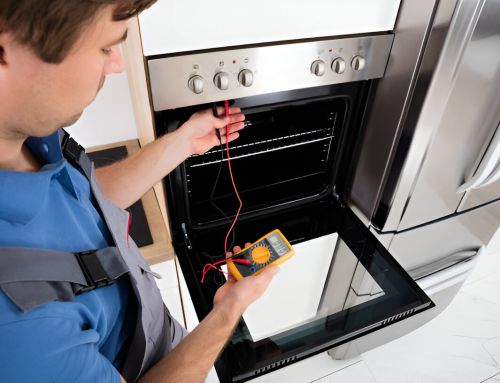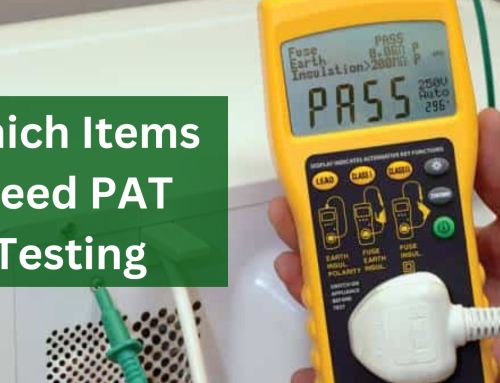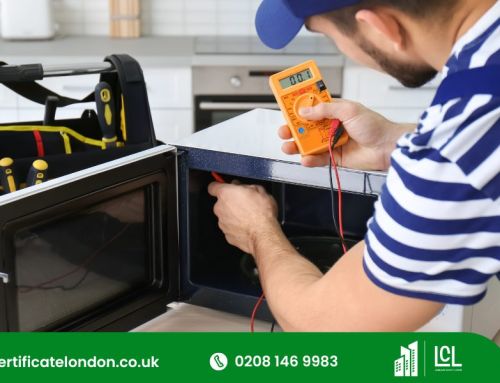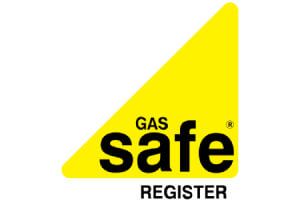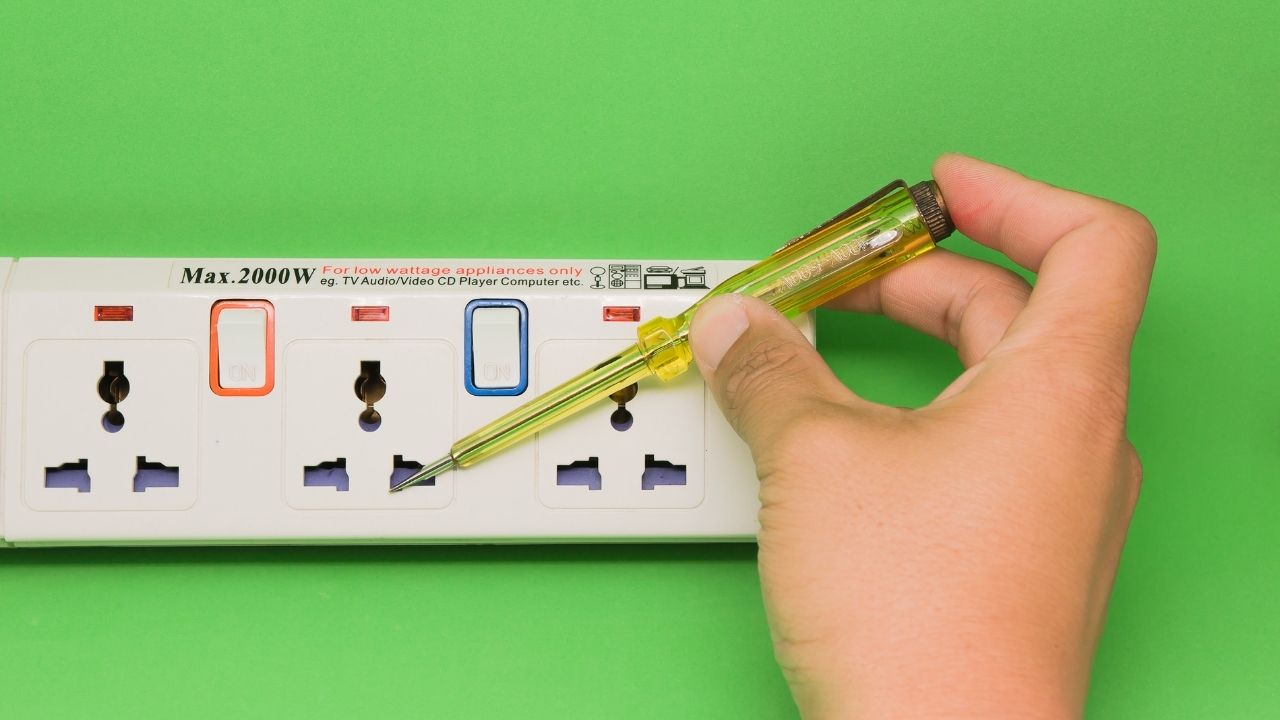
Is PAT Testing a Legal Requirement For Landlords?
Is PAT Testing a Legal Requirement For Landlords?
Landlords or tenants alike should know how important it is to have their electrical appliances regularly tested for potential hazards.
This is because it helps ensure the equipment in your rented property is secure for users, preventing accidents and injuries.
What is PAT testing? (Is PAT Testing a Legal Requirement For Landlords)
Is PAT Testing a Legal Requirement For Landlords?
PAT testing, or Portable Appliance Testing, is the process of inspecting electrical appliances to guarantee they are safe for use. It is a mandatory step for businesses, landlords, and self-employed people who utilize electrical equipment in both homes and businesses alike.
Testing usually consists of three steps: user checks, formal visual inspection, and manual testing with a PAT tester. These three stages are critical in the process as they help detect any hidden defects that might not be apparent during user checks alone. It should be conducted by someone knowledgeable, experienced, and proficient enough to carry out these tests safely and correctly.
A qualified and reliable electrician is likely the best option for this task; however, other tradespeople and specialists can also provide this service. However, make sure they have been licensed by the appropriate organisation.
Like any other business, you should take time to select a contractor who can deliver an dependable and high-quality service. This includes looking into their equipment usage and level of training.
When hiring a testing service provider, you should take into account the cost of their services which may be determined by location and number of appliances needing testing. If these appliances are spread out across different places, getting to them could take more time and increase overall job duration.
The cost of professional PAT testing can vary significantly, depending on the location of your appliances and which contractor you hire. It’s essential to discuss this test with potential contractors so they can provide an accurate quote.
On the market, there is a wide selection of PAT testing equipment. From basic pass/fail testers to more complex models with additional features. The more complex versions can display test results in figures that require interpretation by the tester and even perform tests not covered by the required criteria.
No matter the type or level of testing, regular PAT tests are imperative to guarantee all electrical appliances meet standards and are safe for use. Doing this reduces the chance of your tenants getting injured due to malfunctioning equipment and fulfills any legal obligations as a landlord.
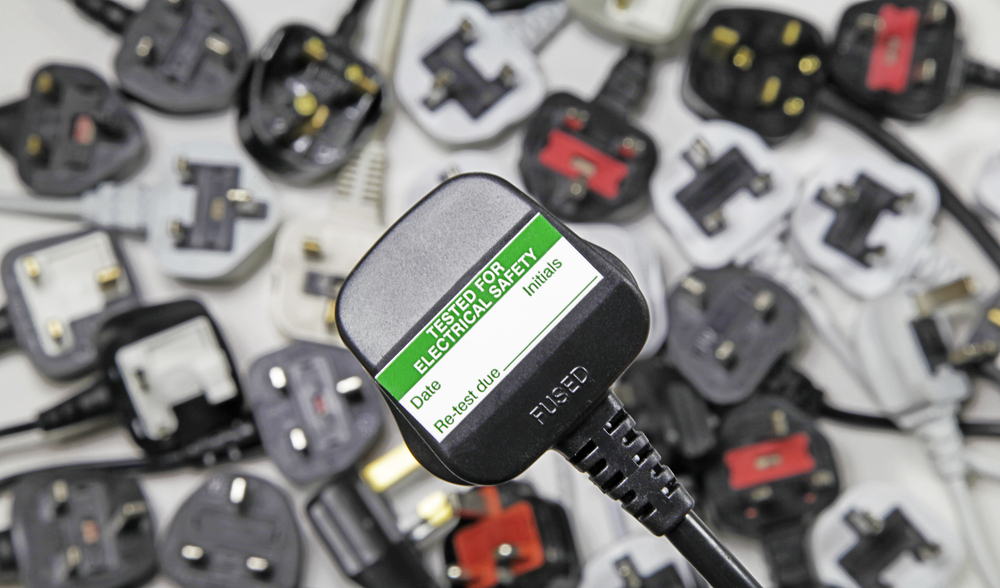
What is the purpose of PAT testing? (Is PAT Testing a Legal Requirement For Landlords)
Is PAT Testing a Legal Requirement For Landlords?
As a landlord, you must ensure your tenants have safe electrical equipment. This includes appliances like washing machines, fridges and cookers. PAT testing, an inspection process that verifies the safety of these electrical devices, can help fulfill this responsibility.
PAT testing is performed to reduce the potential risk of electrical injuries to your tenants. It also assists you in meeting regulations about portable equipment safety standards, such as those set out by the Health and Safety at Work Act 1974 and Electricity at Work Regulations 1989.
PAT testing equipment not only saves you money but also safeguards your business from liability. It ensures the quality of your electrical devices and keeps them working optimally for longer.
However, several factors can influence how often your equipment should be PAT tested. Ultimately, you must select a frequency that works best for both your company’s requirements and budget.
In low-risk environments such as offices and shops, most dangerous defects can be detected through visual inspection of equipment for obvious signs of damage or abuse. If there is not much abuse occurring or people report issues as they arise, inspections and testing should occur less frequently.
When it comes to PAT tests, the type of equipment you own will dictate how often they must be performed. Generally speaking, Class 1 items like office IT equipment need to be checked every 48 months.
Hand-held appliances such as extension leads and mobile telephones should also be tested more frequently than stationary items like computers, as they are more prone to damage and pose a greater danger to users.
It is essential to be aware of potential hazards and take measures to reduce them. Regular PAT testing of devices can guarantee that your business remains secure from potential dangers while keeping employees healthy and contented. As a result, having regular PAT tests done can make your business successful and profitable.
What is the frequency of PAT testing? (Is PAT Testing a Legal Requirement For Landlords)
Is PAT Testing a Legal Requirement For Landlords?
Landlords have certain obligations, such as organizing maintenance work and issuing tenants with gas safety certificates. On the other hand, there are certain tasks you are not obliged to carry out legally, such as pat testing.
PAT testing is an electrical inspection that verifies the safety of appliances and other items connected to your property’s main electricity supply. This includes sockets, extension leads, and all portable items with plugs.
Typically, smaller appliances like cookers and fridges should be tested every two years; larger items like washing machines and ovens should be inspected every four years. The frequency of your testing regimen depends on your environment and how often the appliances are used.
Pat testing isn’t a legal requirement for landlords, but it’s an essential practice. Not only does it uphold your duty of care to tenants, but it may also prevent claims from insurance companies if something goes awry.
To guarantee all your appliances are secure, have them PAT tested by a reliable company. There are plenty of companies that offer this service at reasonable costs that can be completed quickly and conveniently.
Booking PAT testing can be done online or over the phone. Many PAT testers also offer package deals for landlords, which could be an excellent way to save money on your testing requirements.
Landlords must ensure their tenants have the safest electrical appliances possible, which is why having them regularly PAT tested before moving in is a wise idea. This will guarantee they can use the appliances safely, and any damage caused by negligence can be promptly repaired or replaced.
Arranging regular visual inspections of your property is a wise idea to ensure any issues need addressing. While it’s not a legal requirement for private landlords, it’s essential for keeping your properties secure and in excellent condition.
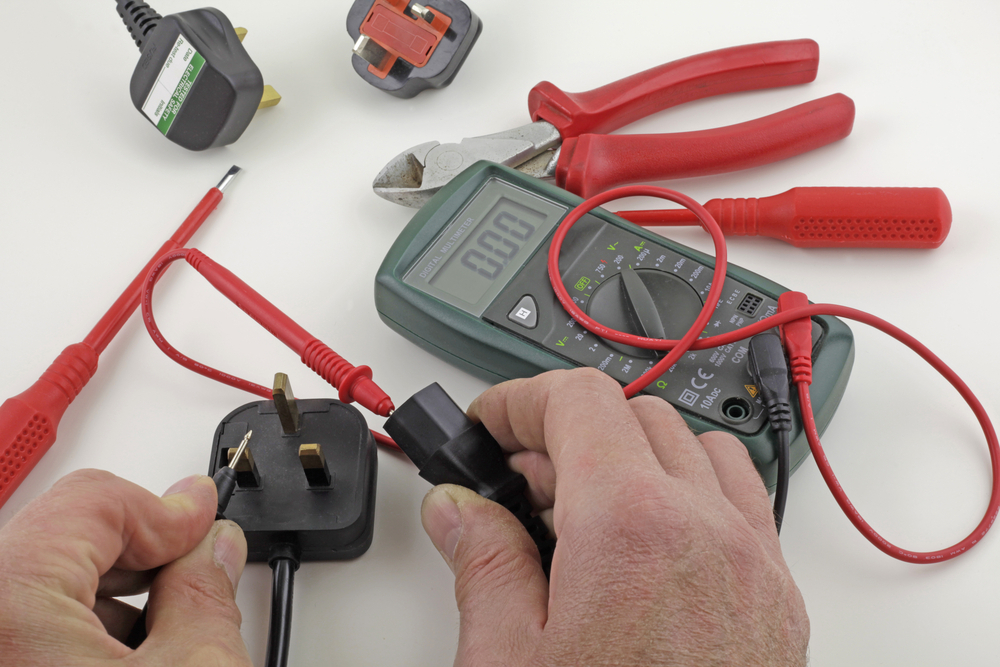
Who is responsible for PAT testing?
Is PAT Testing a Legal Requirement For Landlords?
PAT testing is a procedure that tests the safety of portable appliances and electrical equipment. It involves visual inspection and several tests using specialized equipment to guarantee that appliances are secure for use.
Scotland requires landlords to perform PAT testing on any electrical equipment and appliances in their rental property. On the other hand, in England, Wales and Northern Ireland, there is no legal obligation for landlords to have their properties tested; however, some local councils may ask for PAT testing as part of their licensing procedure.
It is important to be aware that PAT testing not only applies to portable items, but also fixed wired devices like fridge freezers, washing machines and dishwashers. Extension leads can also pose hazards and should be tested.
Landlords and their letting agents can determine how often to have their electrical equipment tested. As a general guideline, any appliance plugged into the mains should be examined at least once every four years.
Professional PAT testers take a close-up look at an appliance, testing for things such as earth continuity, insulation resistance, and visible damage. If anything is found to be unsafe, it should be removed from the rental property and replaced with an acceptable alternative.
Some landlords opt to have the appliances themselves tested by a competent individual, such as an electrician or someone who has completed an electrical health and safety course. Although these checks are not legally mandated, they can be very useful in identifying any issues early and providing solutions.
To uphold their duty of care and avoid allegations of negligence, landlords must guarantee all appliances are thoroughly PAT tested. Not only will this help to avoid any hazards from occurring but it will also keep tenants in your property secure.
Things to do before PAT testing or EICR Certificate are listed here.
Our Pricing
| PAT Testing for upto 10 appliances | £40 |
|---|---|
| Any Extra Appliance after first 10 is charged at | £2 Per Appliance |
| Our Electrical Safety Certificate Prices |
|---|
| Studio Apartment £67.99 |
| 1 – 3 Bedroom £81.99 |
| 4 Bedroom £89.99 |
| 5 Bedroom £98.99 |
Check Out Our Other Services
| EICR | Commercial EICR | Emergency Light Certificate |
|---|---|---|
| Electrical Diagnostic | PAT Testing | Fuse Box Installation |
About the Author: LandlordCertificate
Related Posts
Get Social
Recent Posts
- Understanding Fire Extinguisher Testing: What It Involves
- Gas Safety Certificate Requirements: What Every UK Property Owner Must Know
- What Is the Fire Risk Assessment Cost
- Gas Safety Certificate in London: What It Is and Why You Must Have One
- Why Getting an Asbestos Survey Matters for Property Safety


